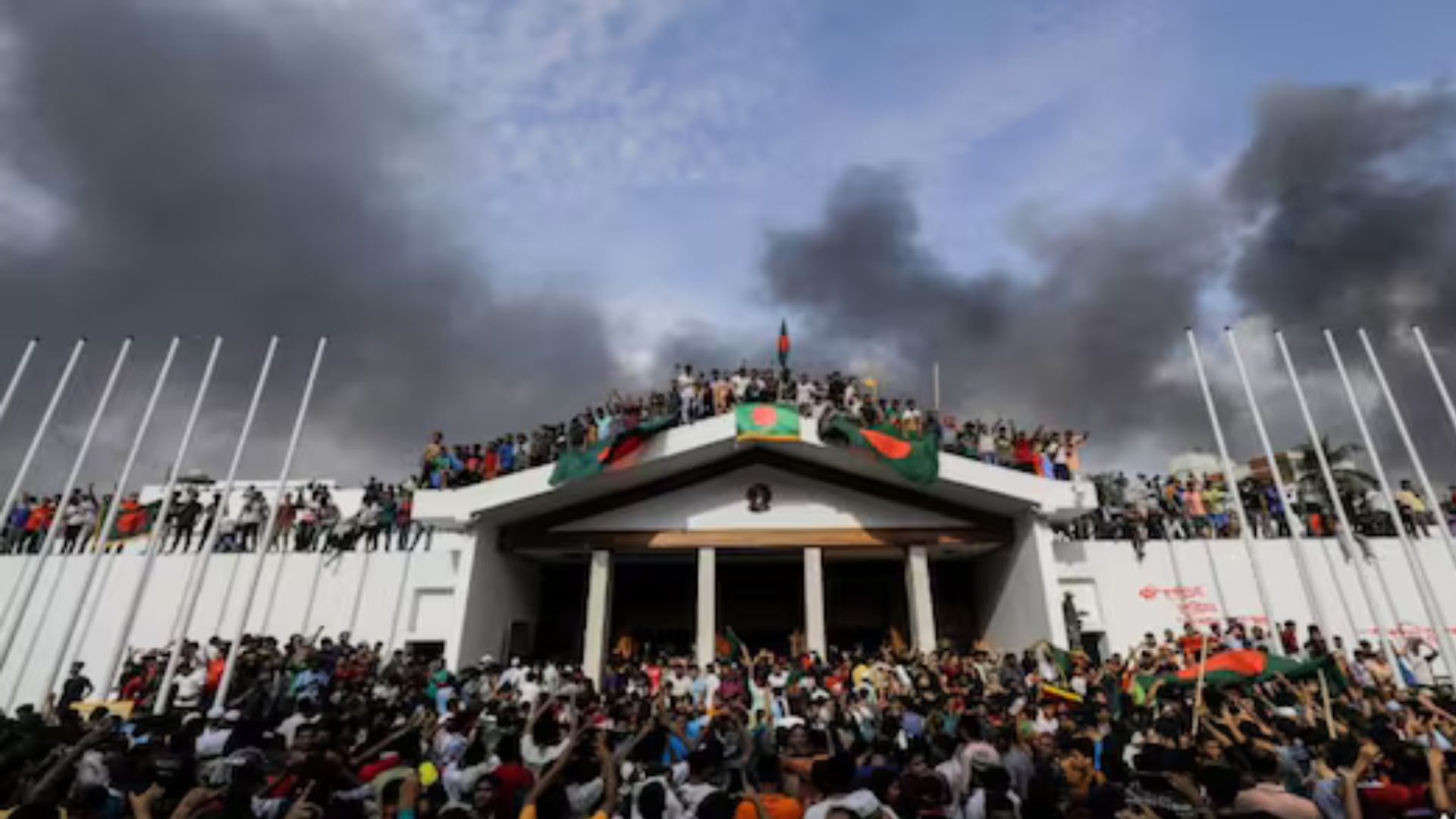Bangladesh’s Attorney General Mohammad Asazzaman has called for removing the word “secular” from the country’s constitution, arguing that it does not reflect the realities of a nation where 90% of the population is Muslim. His remarks were made during a high court hearing on a petition challenging the validity of the 15th Amendment, which reinstated secularism as a fundamental principle of the state. The petition, filed by citizens, questions several aspects of the amendment passed by the Awami League government in 2011.
A Brief History of Secularism in Bangladesh’s Constitution
The concept of secularism was originally enshrined in the 1972 Constitution of Bangladesh as one of its four fundamental principles, alongside nationalism, socialism, and democracy. However, after a military coup in 1975 led by General Ziaur Rahman, secularism was removed from the constitution. In 1988, the 8th Amendment declared Islam as the official state religion.
In 2005, the Supreme Court ruled the removal of secularism unconstitutional, and this decision was upheld by the Appellate Division. In 2011, the Awami League government, led by Sheikh Hasina, passed the 15th Amendment, officially restoring secularism while maintaining Islam as the state religion.
What the 15th Amendment Entails
The 15th Amendment to Bangladesh’s Constitution defines secularism with specific principles aimed at eliminating:
- Communalism in all forms.
- Granting political status to any religion by the state.
- Abuse of religion for political purposes.
- Discrimination against persons practicing a particular religion.
Despite reinstating secularism, the amendment retained the phrase “Bismillah-Ar-Rahman-Ar-Rahim” (In the name of Allah, the Beneficent, the Merciful) above the Preamble and acknowledged Islam as the official state religion. It also declared several fundamental provisions of the Constitution as “non-amendable” and introduced Article 7A, which criminalizes any attempt to repeal or subvert the Constitution through force, punishable by death.
The 15th Amendment also abolished the caretaker government system, increased reserved seats for women in parliament, and reinstated religious freedom. It recognized Sheikh Mujibur Rahman as the Father of the Nation and mandated his portrait in key government offices. Furthermore, it enshrined the duty of the state to protect the environment and cultural heritage.
Criticism of the 15th Amendment
The amendment has faced significant criticism since its passage. Legal scholars and civil society activists have raised concerns about its unilateral nature, arguing that it was passed without broad political consensus or a referendum. Dr. Badiul Alam Majumdar, a prominent activist, described the passage of the amendment as majoritarian and weaponized by the ruling Awami League, lacking support from major opposition parties like the BNP.
Professor Maimul Ahsan Khan from Dhaka University criticized the amendment for creating ambiguities and altering established principles of constitutionalism, calling it a flawed legal document.
Attorney General’s Arguments Against Secularism
During the court proceedings, Attorney General Asazzaman argued that secularism and socialism do not align with the cultural and religious identity of Bangladesh. He claimed that these principles were imposed and do not reflect the beliefs of the majority Muslim population. Asazzaman also criticized Article 7A, which limits democratic changes to the Constitution, arguing it undermines democratic evolution and ignores the recent public movements demanding constitutional reforms.
The Attorney General also took issue with the abolition of the caretaker government system, calling it an attack on democratic principles. He described the 15th Amendment as a move that entrenched authoritarian rule and suppressed political stability. He criticized provisions that designate Sheikh Mujibur Rahman as the Father of the Nation, claiming it politicized his legacy for party interests.
Call for Repealing Certain Articles
Asazzaman urged the court to repeal specific articles introduced by the 15th Amendment, including Articles 7(ka) and 7(kha), which he argued were designed to serve authoritarian purposes. He also questioned the inclusion of Bengali nationalism in Article 9, calling it inconsistent with modern democratic values.
The Attorney General called for reinstating provisions for a referendum under Article 142, arguing that it is vital for maintaining democratic accountability. He accused the amendment of enabling MPs elected through flawed processes to eliminate key democratic mechanisms.
Political Context and Interim Government’s Stance
The writ petition challenging the 15th Amendment was filed against the backdrop of political upheaval. The Awami League government was ousted on August 5 following mass protests led by the Anti-Discrimination Students Movement. Nobel laureate Muhammad Yunus took office as Chief Adviser of the interim government shortly after.
The interim government, represented by Asazzaman, has indicated that it supports declaring the 15th Amendment largely unconstitutional while retaining only select provisions. The Attorney General emphasized that the interim administration aims to restore democratic values and ensure the Constitution reflects the will of the people.
The high court hearing has drawn mixed reactions, with several interveners, including lawyers, offering support or opposition to the petition. While some citizens and civil society members back the Attorney General’s call for removing secularism, others view it as a regression that undermines the secular foundations laid by the country’s founders.
The case continues to be a flashpoint in Bangladeshi politics, highlighting deep divisions over the country’s identity and constitutional framework. The court’s ruling on this matter is expected to have far-reaching implications for Bangladesh’s political landscape and its future as a secular or Islamic state.























